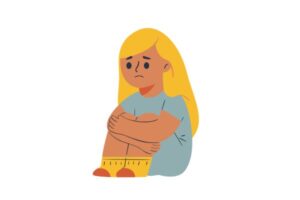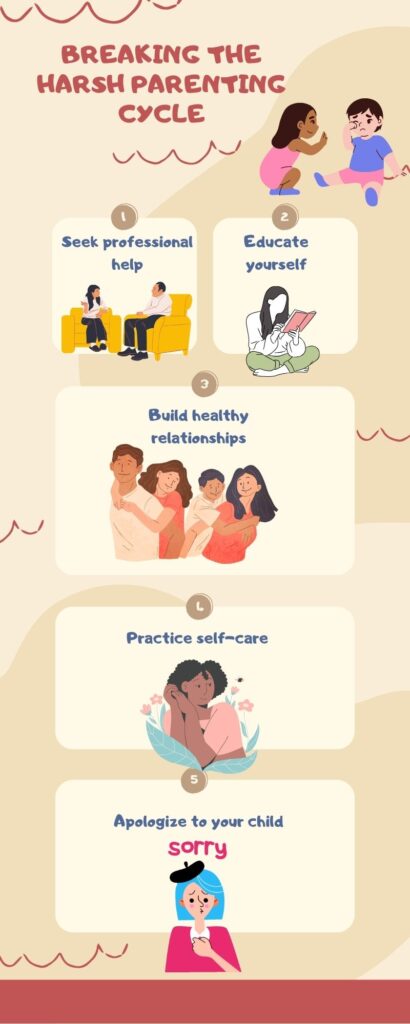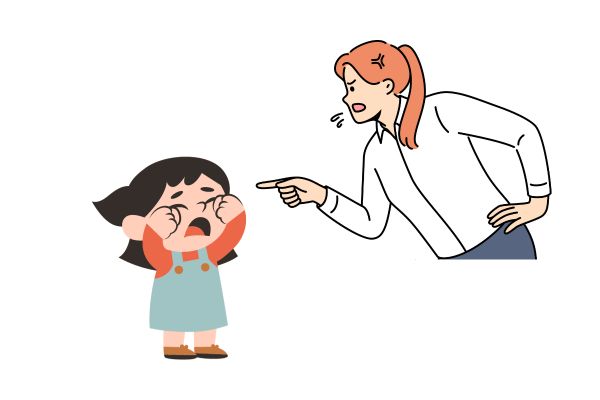The early years of life (from infancy to early childhood) are a crucial time for laying the foundation for emotional, social, and cognitive development. During this time, children have a marvelous capability for learning and are highly receptive to their surroundings. They are like sponges, absorbing everything they watch, listen, and experience. Every interaction, every experience, and every relationship they have during this period contributes to their development in meaningful ways. Unfortunately, for some children, this formative period is marred by the harsh realities of harsh parenting.
Defining Harsh Parenting
Harsh parenting encompasses a range of behaviors that go beyond traditional discipline. It’s not about occasional scolding or setting boundaries. It’s about consistent patterns of verbal and emotional aggression, physical punishment, and a general lack of warmth and responsiveness. It can include:
- Yelling and screaming: Constant verbal attacks can chip away at a child’s sense of security and self-worth.
- Insults and put-downs: Belittling a child’s feelings and abilities can damage their self-esteem and confidence.
- Physical punishment: Spanking, hitting, or any form of physical aggression can inflict both physical and emotional pain.
- Threats and intimidation: Creating a climate of fear and anxiety can hinder a child’s development and emotional well-being.
- Rejection and emotional neglect: Withholding affection and emotional support can leave a child feeling isolated and unloved.
Impact of Harsh Parenting

The consequences of harsh parenting can be far-reaching and long-lasting. Research suggests that children raised in such environments are more likely to experience:
- Emotional and behavioral problems: Anxiety, depression, aggression, self-harm, and substance abuse are common issues.
- Cognitive and academic difficulties: Difficulty concentrating, learning, and remembering can impact academic performance.
- Attachment issues: Struggles with forming healthy relationships in adulthood.
- Low self-esteem and poor self-image: Difficulty feeling good about themselves and their abilities.
- Intergenerational patterns: The cycle of harsh parenting can continue into adulthood, impacting future generations.
Breaking the Cycle
If you’re a parent who recognizes patterns of harsh parenting in yourself, it’s never too late to change. Here are some steps you can take:

- Seek professional help: Therapists and counselors can equip you with tools for managing anger, improving communication, and developing positive parenting strategies.
- Educate yourself: Learn about the toxic effects of harsh parenting and the benefits of positive discipline.
- Build healthy relationships: Surround yourself with supportive people who can offer guidance and encouragement.
- Practice self-care: Prioritize your emotional well-being. So, you can be a more patient and present parent.
- Apologize to your child: Acknowledge the hurt you’ve caused and express your commitment to change.
Remember, it’s a journey, not a destination. Change takes time and effort. But it’s possible to build a more positive and nurturing relationship with your child, even after years of harsh parenting.
Beyond the Individual
Addressing the issue of harsh parenting requires a multi-pronged approach. It includes:
- Raising awareness: Public education campaigns can help dispel myths about discipline and encourage positive parenting practices.
- Supporting families: Programs that provide financial assistance, childcare, and access to mental health services can help reduce stress and create a more supportive environment for families.
- Strengthening communities: Building connections between families and community resources can build a network of support and prevent isolation.
Final Words
The scars of harsh parenting can run deep, but they don’t have to define a child’s future. We can work towards creating a world where all children have the opportunity to succeed in a nurturing and loving environment by understanding the impact of Harsh parenting, seeking help, and fostering supportive environments.





